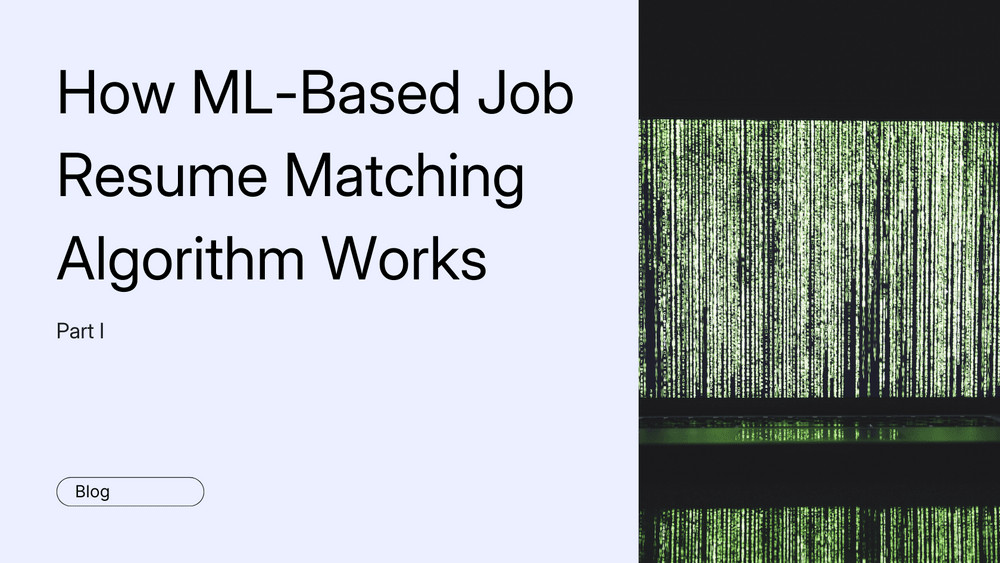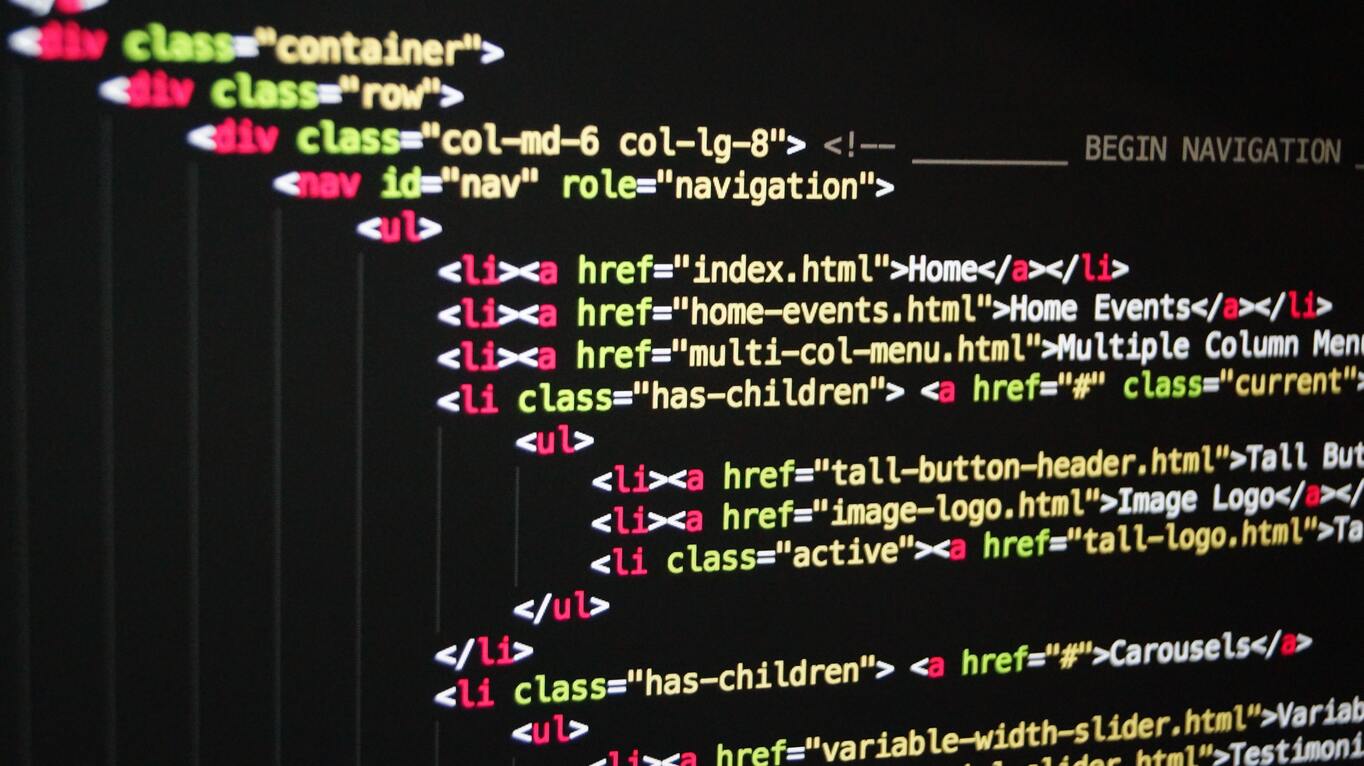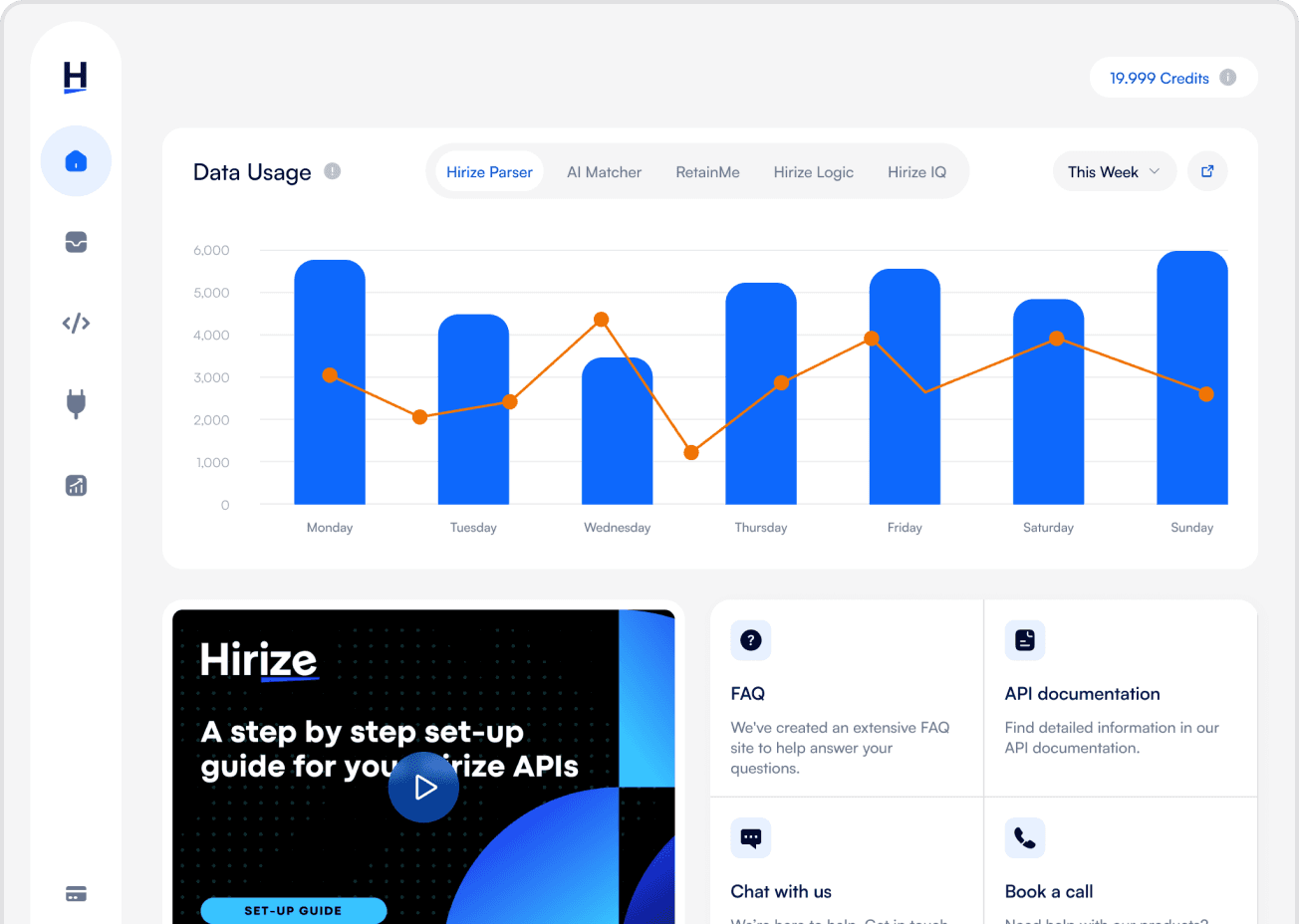superpowers?
How ML-Based Job Resume Matching Algorithm Works
Find out how Machine Learning (ML)-based Job Resume Matching Algorithm works, the types of resumes it can parse and match.

Recruiters face the difficult chore of sifting through hundreds, if not thousands, of applicants for a single available position. This is where a Job Resume Matching Algorithm based on Machine Learning (ML) comes in handy. Recruiters may rapidly and accurately filter through many applications using ML-based resume parsing tools. Resume Parsing technology employs advanced artificial intelligence to scan and parse diverse types of resumes/CVs that recruiters can readily search, making job seeking much easier. Using this technology, HR professionals may swiftly screen out candidates who are not qualified and focus on those who meet the required criteria for the position in question. Recruiters gain immensely from faster response times, a higher level of accuracy when searching through resumes and CVs, and a better candidate experience. ML-based Job Resume Matching Algorithms can make recruitment easier for recruiters, saving them time and money in the long term. In this article, we'll go through how the ML-based Job Resume Matching Algorithm works and some of its primary benefits to recruiters. Go ahead and continue reading to learn more!
An artificial intelligence-based matching engine's inner workings.
Step 1: Using models for language training and AI.
The first step in the ML-based resume-matching process is to employ models for training vocabulary and AI. A model is a collection of mathematical equations and algorithms that can educate a machine to detect and learn from patterns. Real-world data, such as resumes, CVs, job descriptions, or other relevant information, must be used to train the model. This information is utilized to generate mathematical equations and algorithms, which are then used to recognize patterns in resumes and CVs.
Company Industry Mapping
The next stage in the ML-based resume-matching process is to assign each resume to an industry. This can be accomplished by employing job search terms or by examining the content of a CV/resume for hints about the type of industry the candidate is interested in or has worked in. After this data has been mapped, it can be utilized to help match a candidate's resume to the appropriate job position.
AI-Based Resume Matching Algorithm
Finally, an artificial intelligence-based resume-matching algorithm automatically discovers and rates resume/CVs most relevant to a job posting. This algorithm considers a variety of characteristics, including talents and experience. Hirize's remarkable AI matching technology allows recruiters to quickly locate the best-qualified candidates, saving them time and resources. It is more accurate, faster, and more straightforward than previous traditional approaches in resume matching. And, as more businesses resort to automated methods for recruitment, this technology is gaining momentum in the market.
Step 2: Resume Indexing
Following identifying the most relevant resumes/CVs to a job offering by the AI-based matching algorithm, those resumes are indexed using keyword-matching techniques. This allows recruiters to swiftly locate and filter resumes/CVs most relevant to a job description.
Benefits of ML-Based Job Resume Matching Algorithm
Using an AI-based job resume-matching algorithm has numerous advantages for HR professionals, including the following:
- Increased speed and efficiency
- Less laborious tasks
- More precise outcomes
AI-based resume matching algorithms can effectively locate the best candidates for a position quickly and ensure they are correctly screened. This technology can help recruiters find suitable applicants faster, saving time and effort and match the proper resumes with job descriptions.
ML-based job resume matching algorithms are gaining popularity since they provide recruiters with numerous benefits, such as faster and more precise processing of results. Recruiters can locate the most suitable candidates for a job opportunity with minimal effort by combining models for teaching vocabulary and AI-based resume-matching algorithms.

Step 3: Job Indexing
Indexing each job posting is the third step in the ML-based resume-matching process. This can be done through unique algorithms or by evaluating the content of a job description for clues about the type of candidate who would be most fit for the role. Once this data has been indexed, it can help match resumes to the right job. In conclusion, recruiters can locate the most relevant candidates for a job opportunity with minimal effort through models for vocabulary training and AI-based resume-matching algorithms. This technology is transforming the recruiting market and enabling businesses to find the top candidates faster. If you're thinking about employing ML-based job resume-matching algorithms to aid your recruitment efforts, this is a wonderful option. Your organization can benefit from better recruiting process efficiency and more successful hiring with the correct technology and techniques in place.
Hirize has created the best ML resume-matching and resume parser tool available. Our resume parser and resume-matching algorithm harness the power of artificial intelligence (AI) and natural language processing (NLP) to scan your resumes/CVs for skills, keywords, experience, and more. As a result, the best candidates are quickly and efficiently matched with the appropriate employment openings.
superpowers?



